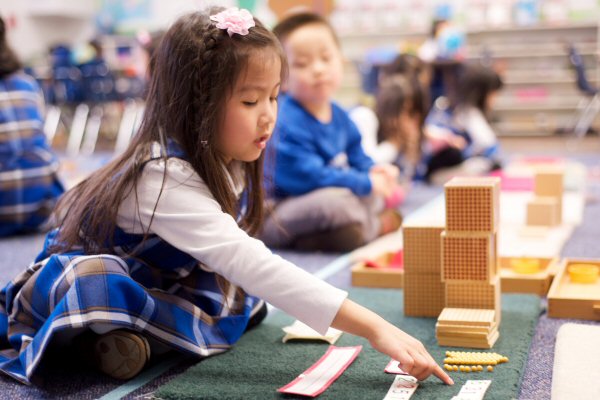Kindergarten Curriculum
Language
The language program includes oral language development, writing, reading, grammar and memorization. The language materials include a miniature environment with objects to be labeled and classified into noun, adjective, verbs etc.
Reading
Our program enables the student to develop listening skills and promote clear articulation and correct pronunciation. It also promotes reading with confidence and enjoyment and the development of reading comprehension skills.
Writing
The student learns how to develop writing skills such as:
- The rules of correct spelling.
- Context clues, prefixes, suffixes, and root words.
- Dictionary usage, including the understanding and use of grammar. Creative writing is encouraged, allowing the student to use a variety of forms of written expression, based on his/her experiences and exposure.
Mathematics
The program in Mathematics addresses the following:
Develops and extends the student’s understanding of basic concepts at each level through utilization of hands-on materials.
Utilizes manipulatives for the purpose of building concepts of numbers, patterns, and the basic mathematical operations.
Develops and maintains computational skills of addition, subtraction, multiplication, and division by using them to solve challenging problems.
Develops the student’s ability to solve problems in all areas of measurement ex. linear, weight, time, area, money, and temperature.
How to apply the study of mathematics to everyday life.
Science
The science program covers topics in life, earth, and physical sciences. Included are the studies of: The vastness and organization of the universe, living things and how they are affected by the environment, the human body, health education, health practices, and nutrition.
In order to stimulate their minds and curiosity, the students are given the opportunity to observe and conduct experiments and utilize many hands on materials.
Social Studies
The student develops an awareness of the world as a system, which undergoes constant changes, politically, economically, and culturally.
It provides opportunities for the student to investigate a variety of cultural heritages, in the classroom and local environment. It also includes the study the individual, the family and the community. Students also, have an opportunity to read and interpret various types of maps, charts and tables.

